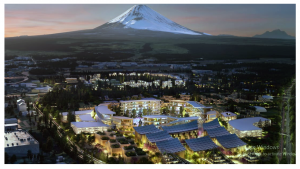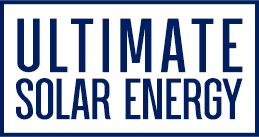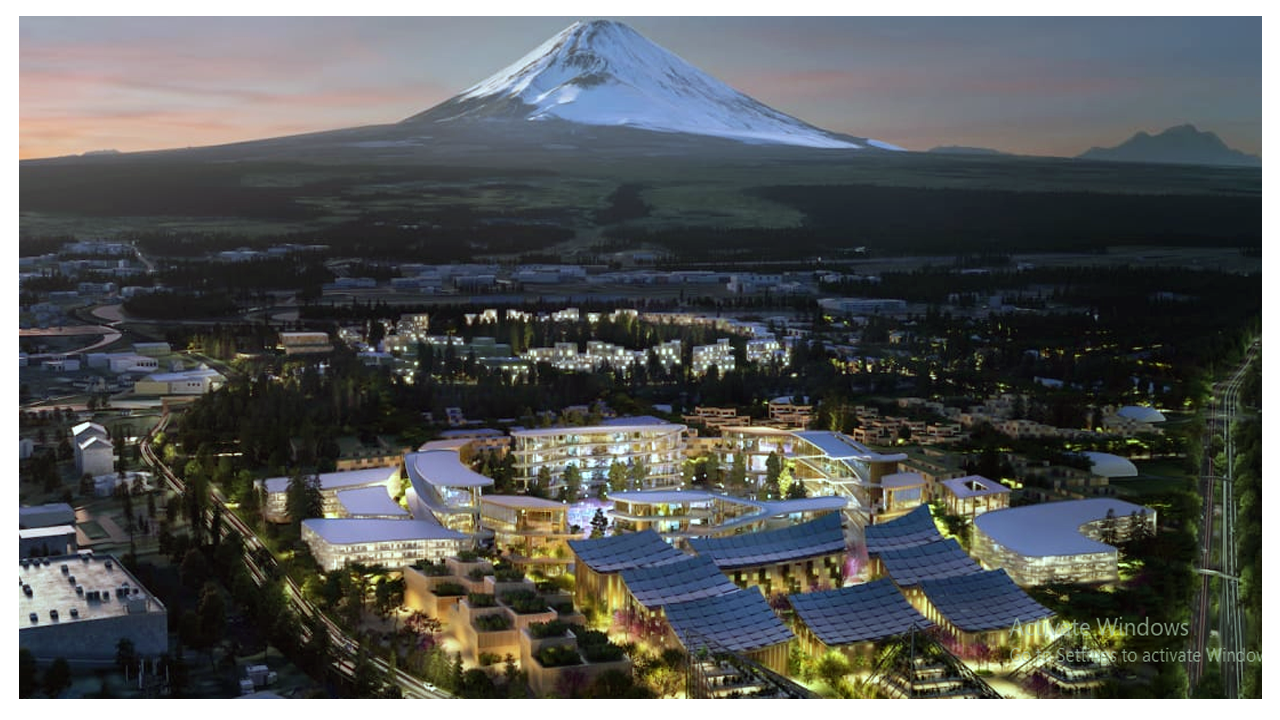Toyota is building a ‘smart’ city to test AI, robots and self-driving cars
Toyota is building a ‘smart’ city to test self-driving cars
Toyota will break ground early next year on its Woven City, a small city designed to test everything from autonomous vehicles to smart homes.
Toyota has fallen behind rivals in developing autonomous cars. Nevertheless, it is ploughing ahead with an ambitious plan to build a prototype “city” of the future, filled with fully autonomous vehicles.
The company announced plans for the Woven City at CES this week and will break ground early next year.
Designed by Danish architect Bjarke Ingels, designer of Google’s Mountain View headquarters, it will be located at the base of Mount Fuji in Japan.
At around 71 hectares, the Woven City will be around twice the size of the Royal Botanic Gardens in Melbourne and will be powered by hydrogen fuel cells.
The purpose of the Woven City is to test and develop autonomous vehicles, robotics, and artificial intelligence outside of a laboratory.
Toyota says the Woven City will allow only “fully autonomous, zero-emission vehicles” on its main thoroughfares, which suggests these vehicles will have Level 5 autonomy.
The vehicles will include e-Palettes used for both transportation and deliveries.
Toyota has yet to introduce a car with Level 2 autonomy, though it says such a vehicle will arrive this year.
Level 2 autonomy keeps the car in a lane, but still requires the driver to keep their hands on the wheel for safety reasons.
The Woven City is intended to be an interconnected, collaborative tapestry of a city with Toyota inviting scientists and academics to come work on their own projects within this “real-world incubator”.
It will house 2000 people at the beginning, mostly Toyota employees and their families, retirees and retailers. They will live in smart homes with sensor-based AI that can check their health and take care of basic needs.
It’s unclear when Toyota expects the Woven City to become liveable, considering James Kuffner, head of Toyota’s Advanced Research Institute, recently said fully driverless cars “aren’t even close”.
The company is, however, testing Level 4 autonomous vehicles, which must be in a geo-fenced area.
Lexus LS sedans with the Lexus Teammate Level 4 technology (above) will be available for public demonstration rides in Tokyo from July.
Toyota plans for the Woven City to be fully sustainable, with rooftop solar panels and buildings made mostly of wood to minimise the city’s carbon footprint.
The city’s masterplan will help the testing of autonomous vehicles by using a grid pattern with three different types of streets: one for faster vehicles only, one for shared use, and one for pedestrians only.

toyota-self-driving-cars-2020-news

